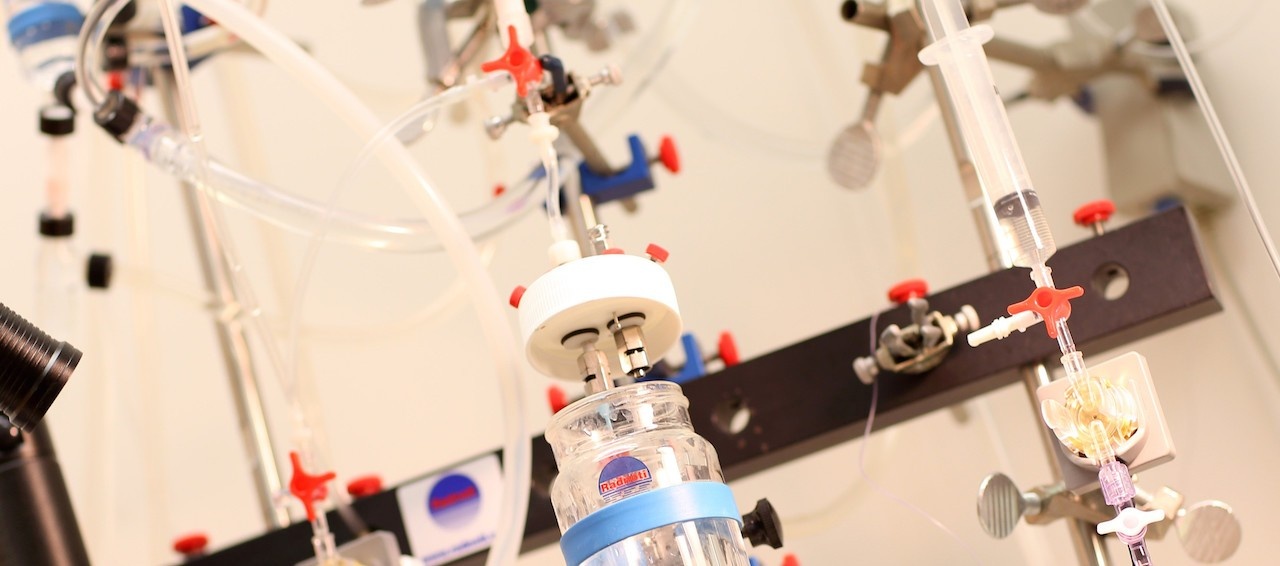Pharmacology in Dentistry
Essential pharmacology training
Understanding how drugs work is an important, yet often overlooked, aspect of dentistry. After all, whether you’re using anesthetic to extract a wisdom tooth or you’re prescribing antibiotics for an infection, you need to know exactly how your patient’s body is going to react.
The Department of Pharmacology and the Faculty of Dentistry work together to provide pharmacology training to students in the first and second years of its Doctor of Dental Surgery (DDS) program and in the second year of the diploma in dental hygiene.
Classes
Pharmacology for Dentistry I
(DENT 1117)
This course is built on other Foundation Science courses and serves as a basis to Therapeutics (Patient Care) and Pharmacology and treatment planning in years 2 and 4. It emphasizes the basic principles of drug action, with special attention given to drugs used commonly in dental practice (local anaesthetics, analgesics, anti-inflammatories) and on drugs whose presence in the body may affect dental procedures.
Pharmacology for Dentistry II
(DENT 2127)
This course builds on the student's foundation established in year 1. It will continue to emphasize the basic principles of drug action with special attention to drugs used commonly in dental practice (antimicrobial agents, analgesics, sedatives, centrally acting agents) and on drugs whose presence in the body may affect dental procedures management.
Pharmacology for Dental Hygienists
(DEHY 3007)
A broad overview of drugs commonly used in dental practice and by dental patients. Major considerations include basic pharmacokinetics, basic mechanisms of action, drug-drug interactions and specific factor that affect or influence dental/dental hygiene procedures.
